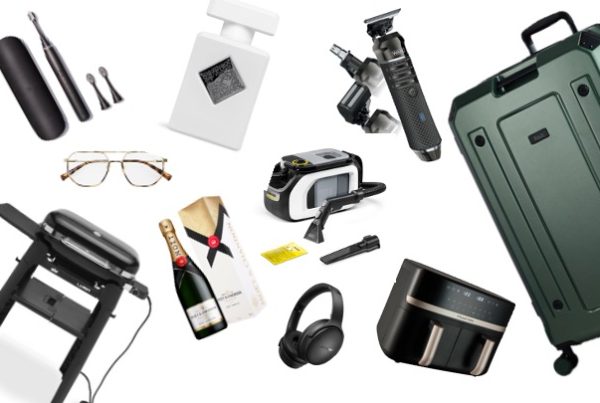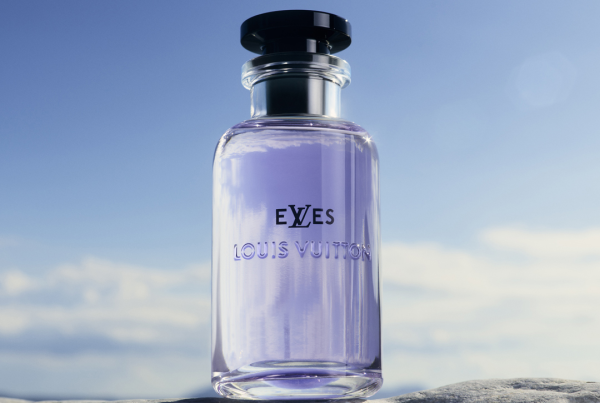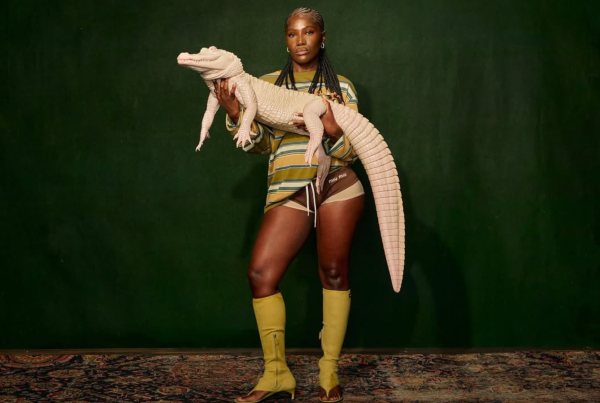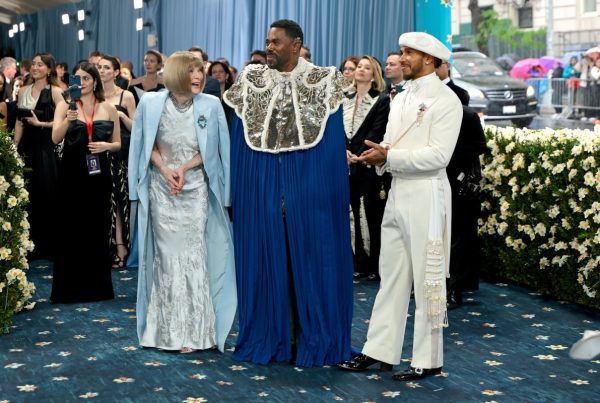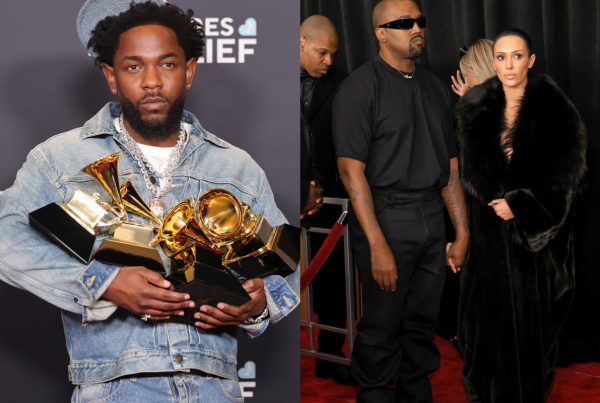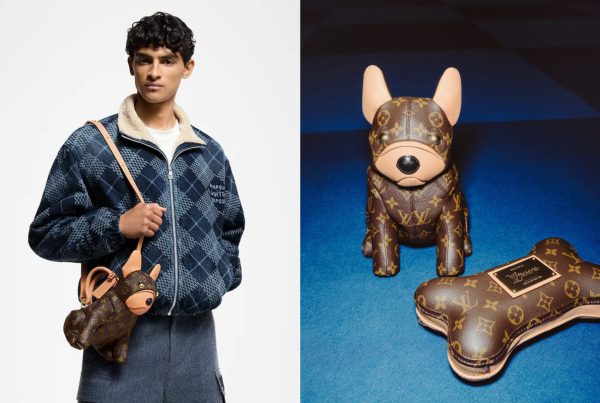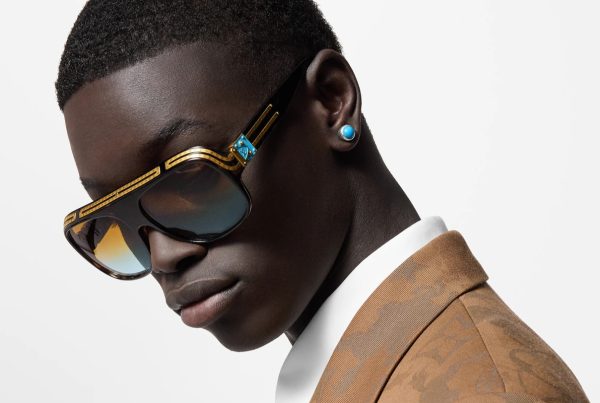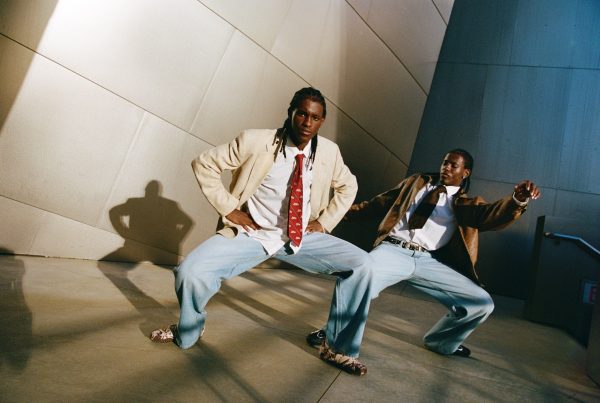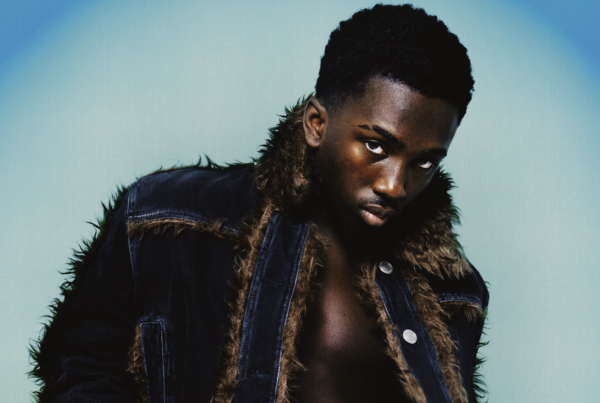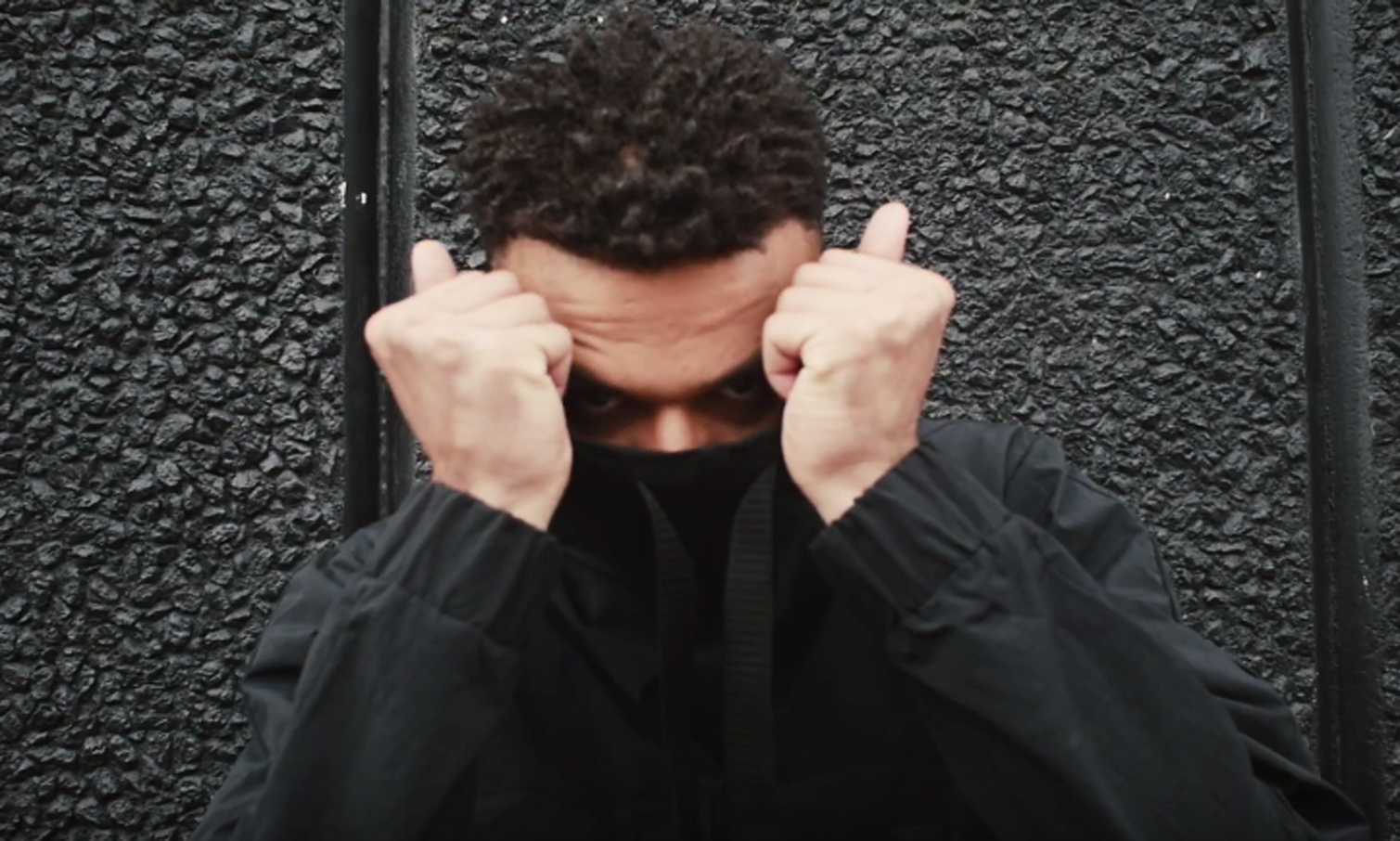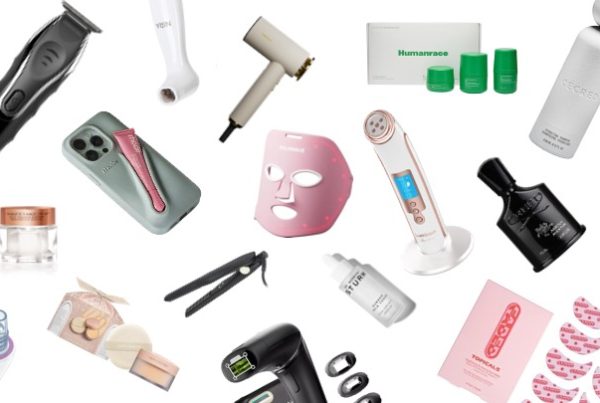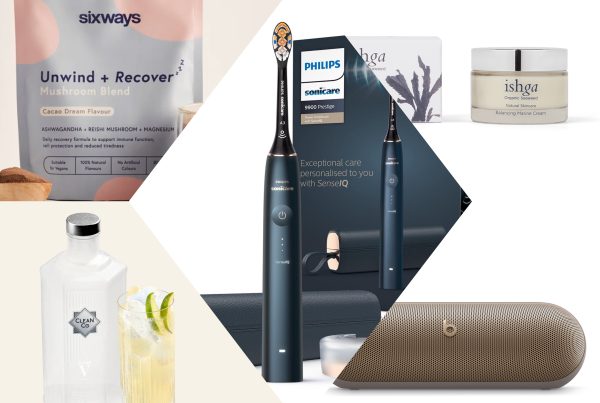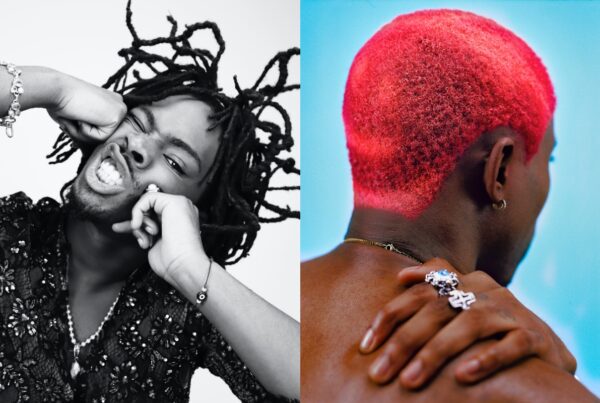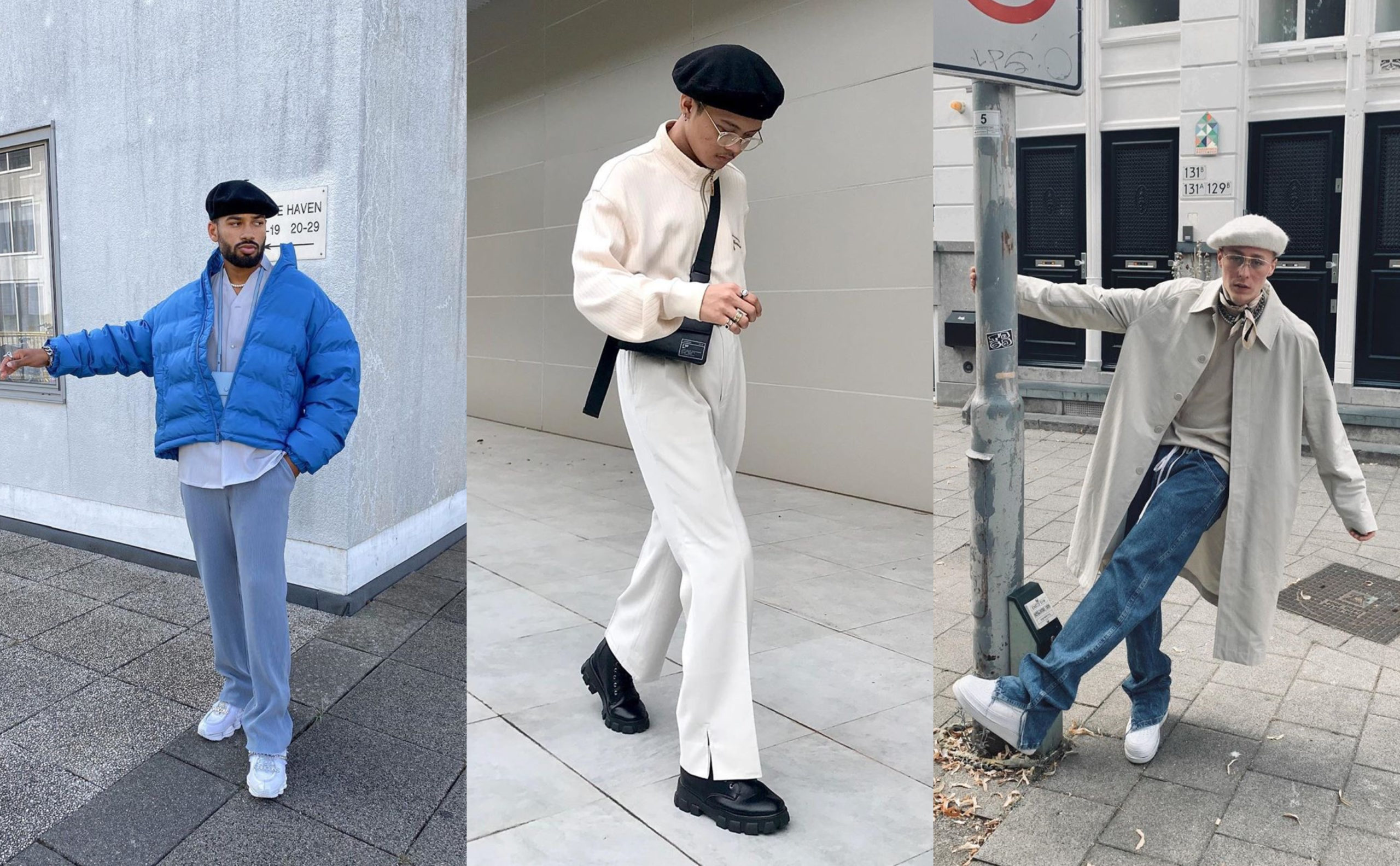Your smile is crucial to the first impression that you make on others. And whatever your age, there’s always the chance to make your smile even better. Whether you had braces as a teenager and your teeth moved back into misalignment over the years, or you’ve never had your teeth straightened before, adult braces are becoming increasingly more popular with several different options available to help you achieve the look that you want. But getting braces can be quite a big commitment with many treatments lasting for a year or more. Before you decide whether or not braces are the right option for you and choose the best type of treatment for your needs, it’s important to consider the following:
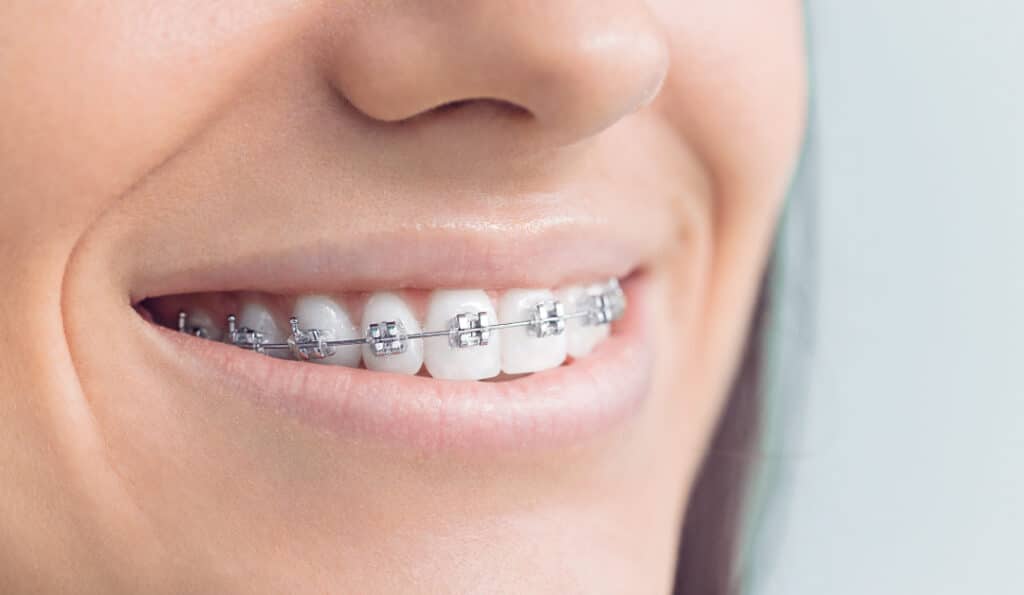
Get a Consultation
If you are considering getting braces, the best thing to do first is get a consultation with an orthodontist. They will be able to cast a professional eye over your teeth, mouth and jaw to help determine which treatment option is going to be the best for getting you the results that you want. Certain types of braces tend to be more effective for certain issues, so having a professional opinion right from the start allows you to narrow down your choices and make sure that you understand your best options. Your orthodontist will also be able to answer any questions that you might have about the process and talk you through what you should expect.
You Can Get Braces at Any Age
It’s a common misconception that braces are only available for children and young people. While the NHS only funds braces for those under the age of 18 in the majority of cases, there’s no age limit to getting your teeth straightened. Today, more and more adults are opting for discreet braces to help them get the look that they want when they smile.
Consider Your Options
With adult braces growing in popularity, there are several different options to choose from when it comes to how you would like to straighten your teeth. This will depend on a number of factors, including your lifestyle and preferences along with the issues that you would like the braces to correct. Fixed braces are usually the most ideal option for severe misalignment issues, while mild to moderate problems can usually be tackled easily with a clear aligner. These fit over the teeth and are removable, making them an ideal option for adults who do not want their braces to be visible at all and would like the option of not wearing them at work or for special events.
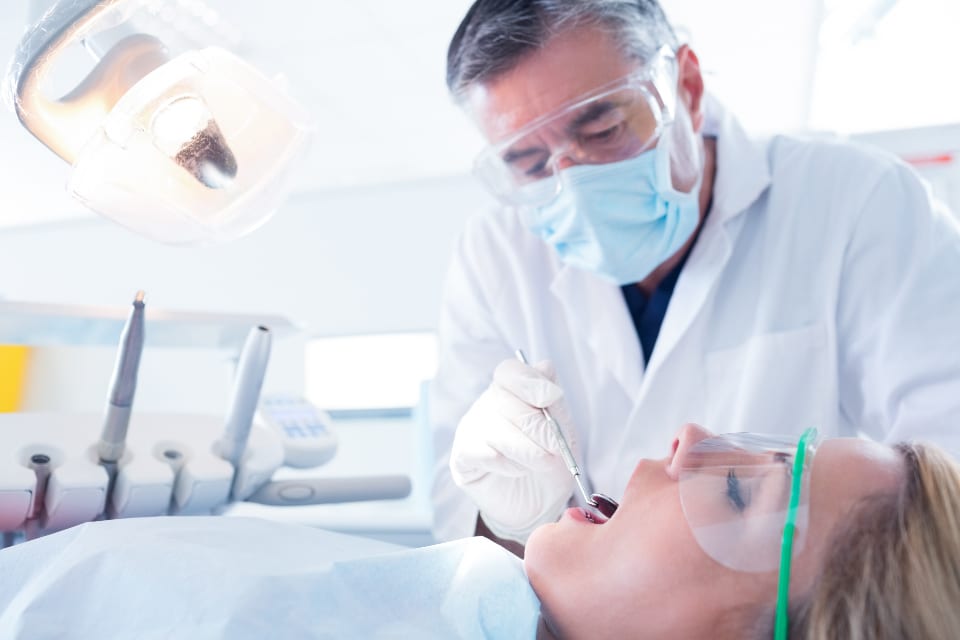
Consider Your Budget
Another question that you might have when deciding to get braces is, ‘how much do braces cost UK?’. The answer to this question will vary depending on the orthodontist that you use and the type of braces that you need. So, how much do braces cost? Typically, traditional metal braces are the cheapest option, although you can get clear aligners for under £1,000 if you only have mild to moderate misalignment to correct. To help spread the brace cost, UK orthodontists like Straight My Teeth typically offer affordable payment plans so that you can cover the cost of your treatment in instalments. Straight My Teeth offer two different price plans with the option to either pay for your braces upfront or spread the payments out over one year.
Improve Your Dental Health
It’s best to get braces when your teeth are in great condition. Before you make an appointment for a consultation or to get your braces fitted, visit your dentist for a check-up and let them know your plans. Your dentist will be able to identify any potential issues like cavities that might need filling before you will be able to have your braces fitted. They’ll also be able to provide you with expert advice on making sure that your teeth are kept clean and looked after well while wearing your brace.
Keep Up With your Dental Health
Before the braces are attached to your teeth, your orthodontist will ensure that they are thoroughly clean and free of cavities. While you have braces fitted, it’s important to maintain your usual dental care routine. Continue attending check-ups with your dentist as normal and visit the hygienist. Some patients like to visit the hygienist more regularly while wearing braces since the teeth can be more difficult to clean with braces fitted, so this allows them to ensure that their oral hygiene remains good.
Be Prepared for some Temporary Discomfort
You will get used to wearing braces. However, depending on the type of braces that you need, you may experience some discomfort for a few days after they are fitted, which is usually caused by the additional pressure applied to the teeth by the brace. You can help yourself by eating soft foods for the first few days and taking over-the-counter pain medication to deal with any tenderness. You may experience some discomfort each time your brace is tightened or when getting a new clear aligner.
Treatment Time
Some people are happy to wear braces for as long as it takes for them to get perfectly straight teeth, while others need to fix the issues in their mouth for a certain date. If you are on a timeframe, for example, you are getting married and want to have straight teeth in your wedding photographs, speak to your orthodontist about the treatment times and how long you can reasonably expect before you can have the braces taken off. Typically, braces are worn for between 18-24 months; however, it can be much shorter depending on your needs, with some clear aligners available for a six-month treatment period for those with mild issues.
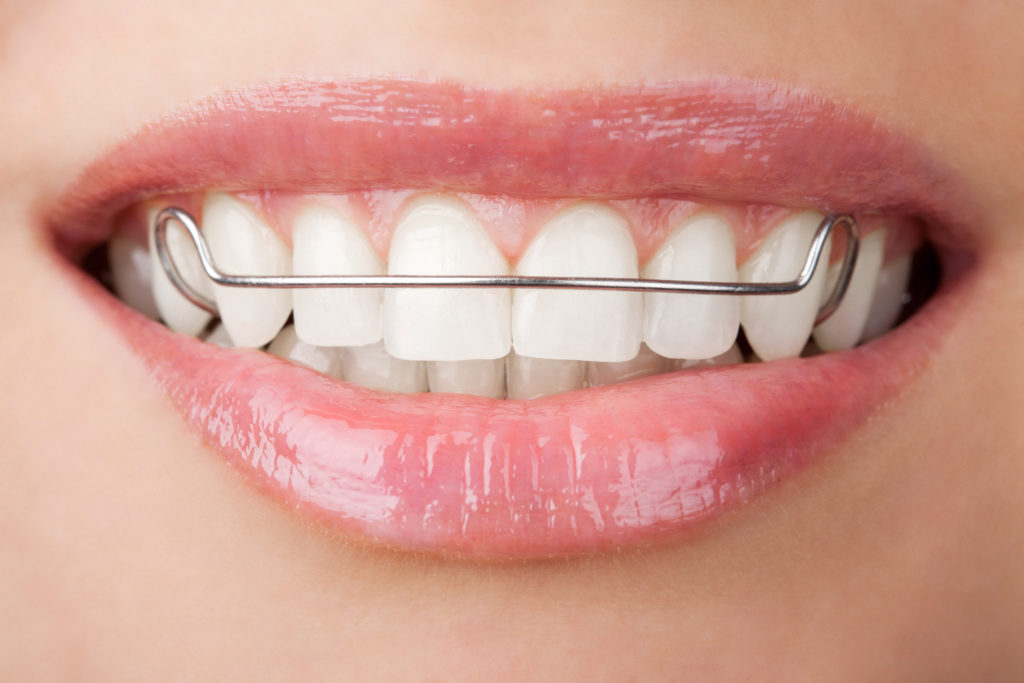
Be Careful When Eating
While wearing your braces, your diet might need some changes. Anything too chewy or hard will be difficult to eat while wearing braces, and can pose a risk of cracking the wire or even a bracket if you have fixed braces. Your orthodontist will be able to advise you on whether or not there are any foods that are best avoided during your treatment time. Typically, foods like popcorn, corn on the cob, whole apples, hard cookies, and bubble gum are not recommended while wearing braces. Eating healthy and nutritious foods is important to keep your teeth healthy both during and after your treatment.
Remember to Wear Your Retainer
Finally, remember that once your braces are removed, you will need to wear a retainer. This will be made from a mould of your mouth with your newly straightened teeth, and you will need to wear it at night in order to help your teeth stay in the same position. Since teeth will naturally try to move back to their previous position, wearing your retainer is just as important as wearing braces as it is essential for maintaining your newly straight smile. You will usually be given a clear retainer that is worn over your teeth; however, in some cases, you may be recommended a bonded permanent retainer that is fitted behind your teeth.
Today, more and more adults are correcting their smiles with braces. If you aren’t satisfied with your smile, consider these factors before deciding whether or not braces are for you.












